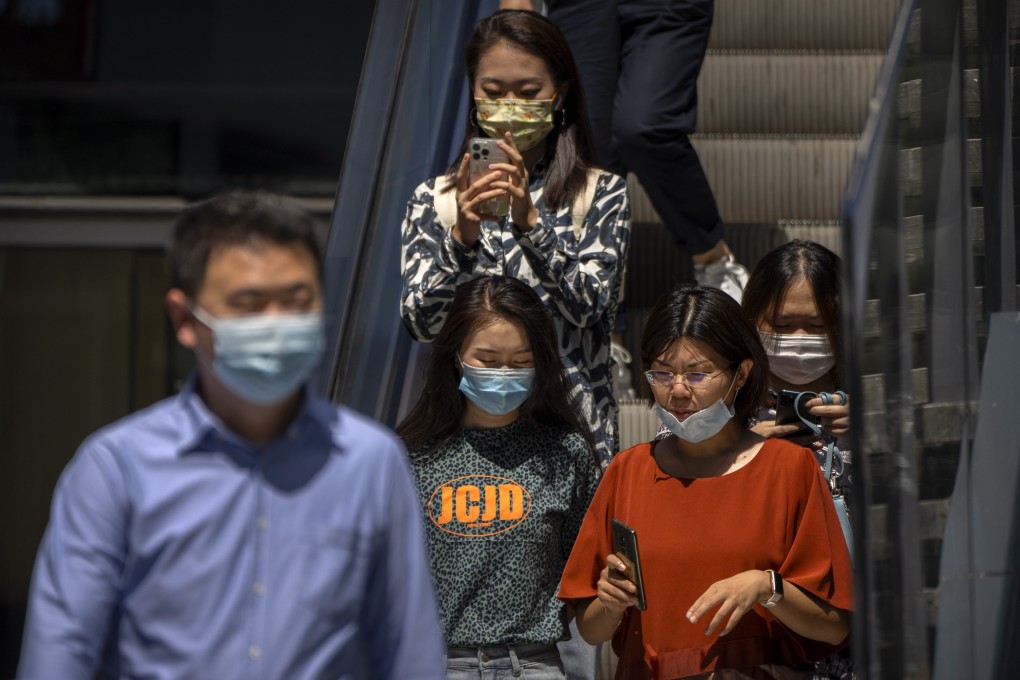Coronavirus: Chinese scientists say their inhaled antibody treatment can conquer Omicron strains
- Chongqing Medical University team isolated 58G6, a potent neutralising monoclonal antibody, from recovered Covid-19 patients and tested it against virus
- Study leader says the inhaled antibodies ‘have a strong application for the control of current and possible future mutant strains of Omicron’

Scientists from Chongqing Medical University isolated 58G6, a potent neutralising monoclonal antibody, from recovered Covid-19 patients last year and tested it against the original Sars-CoV-2 strain and the Alpha and Beta variants, which are no longer prevalent.
After finding that the Omicron variant showed a strong ability to dodge immunity from past infection and vaccination because of structural change to its spike protein, the team further looked at the ability of 58G6 to block infection with pseudotyped, or genetically engineered, Delta and Omicron variants.
The mAb showed it was capable of binding with the Delta variant but that dropped when tested against the BA.1 and BA.2 strains of the Omicron variant, although it retained some capability.
Researchers from the Wuhan Institute of Virology changed the method of administering the mAb – from intraperitoneally, or into the abdomen, to nasal delivery with swabs – and found a very low dose of 58G6 could efficiently prevent the Omicron variant replicating in the lungs of hamsters.
The study, led by Huang Ailong, a professor at Chongqing Medical University, was published in the peer-reviewed journal Signal Transduction and Targeted Therapy last month.
